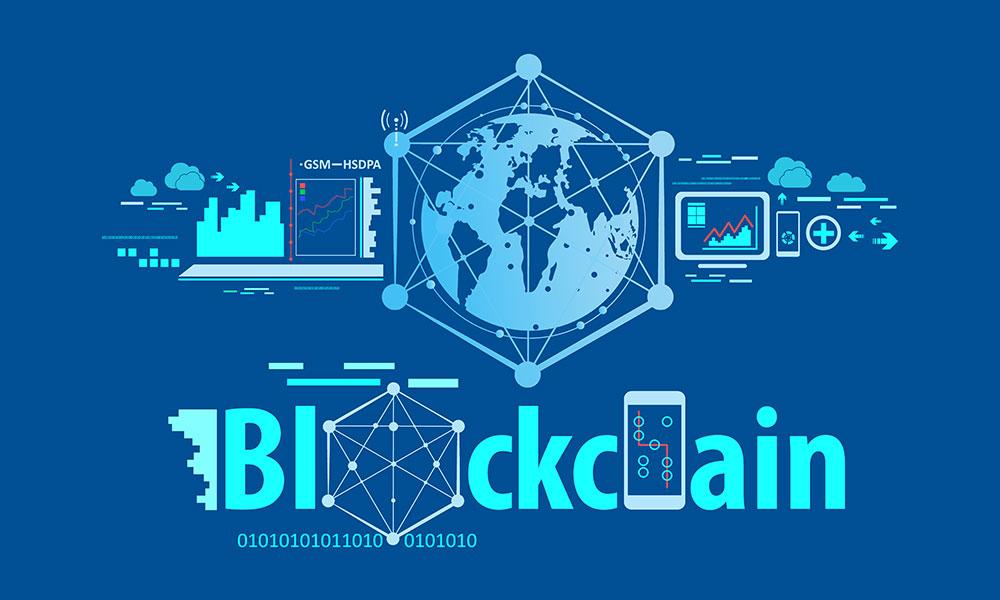The healthcare industry is one of the most critical and complex sectors, where data privacy and security are of utmost importance. With the advent of blockchain technology, the healthcare industry is undergoing a massive transformation. Blockchain has the potential to revolutionize the healthcare industry by enabling secure, transparent and efficient management of health data.
What is Blockchain Technology?
Blockchain is a decentralized, distributed ledger technology that provides a secure and transparent way of storing and sharing data. The data is stored in blocks, which are linked together using cryptographic algorithms, making it impossible to alter or tamper with the data. Each block contains a unique code called a hash, which verifies the integrity of the data.

Benefits of Blockchain in Healthcare
Blockchain technology offers several benefits to the healthcare industry, including:
- Secure and Private Data Storage: Blockchain technology offers a secure and private way of storing health data. The data is encrypted and can only be accessed by authorized personnel. Patients can have full control over their health data and decide who has access to it.
- Improved Data Sharing: Blockchain technology enables efficient and secure data sharing between healthcare providers, patients, and researchers. This can lead to improved diagnosis, treatment, and research outcomes.
- Reduced Administrative Costs: Blockchain technology can streamline administrative processes, reduce paperwork and eliminate the need for intermediaries, reducing costs and improving efficiency.
- Enhanced Clinical Trials: Blockchain technology can improve the management and transparency of clinical trials, ensuring that the data is accurate and trustworthy.
Use Cases of Blockchain in Healthcare
Blockchain technology is being used in several areas of healthcare, including:
- Electronic Health Records (EHRs): Blockchain technology can be used to securely store and share EHRs between healthcare providers, improving patient outcomes and reducing costs.
- Medical Supply Chain: Blockchain technology can be used to track and trace medical supplies, ensuring that they are genuine and not counterfeit.
- Drug Development: Blockchain technology can be used to improve the management and transparency of clinical trials, ensuring that the data is accurate and trustworthy.
- Health Insurance: Blockchain technology can be used to improve the management and transparency of health insurance claims, reducing fraud and improving efficiency.

Challenges of Implementing Blockchain in Healthcare
Despite the potential benefits of blockchain technology in healthcare, there are several challenges that need to be addressed, including:
- Regulatory Challenges: The regulatory landscape of the healthcare industry is complex and varies from region to region. Implementing blockchain technology in healthcare requires compliance with various regulations and standards.
- Interoperability: Blockchain technology is still in its early stages, and there is a lack of standardization and interoperability between different blockchain platforms.
- Integration with Existing Systems: Integrating blockchain technology with existing healthcare systems can be a challenging task and requires significant investment in infrastructure and resources.
- Privacy Concerns: Despite the secure and private nature of blockchain technology, there are still concerns regarding the privacy of health data.
Blockchain technology has the potential to revolutionize the healthcare industry by enabling secure, transparent and efficient management of health data. Despite the challenges, the benefits of implementing blockchain technology in healthcare are significant, and it is expected to become an integral part of the healthcare industry in the future.

